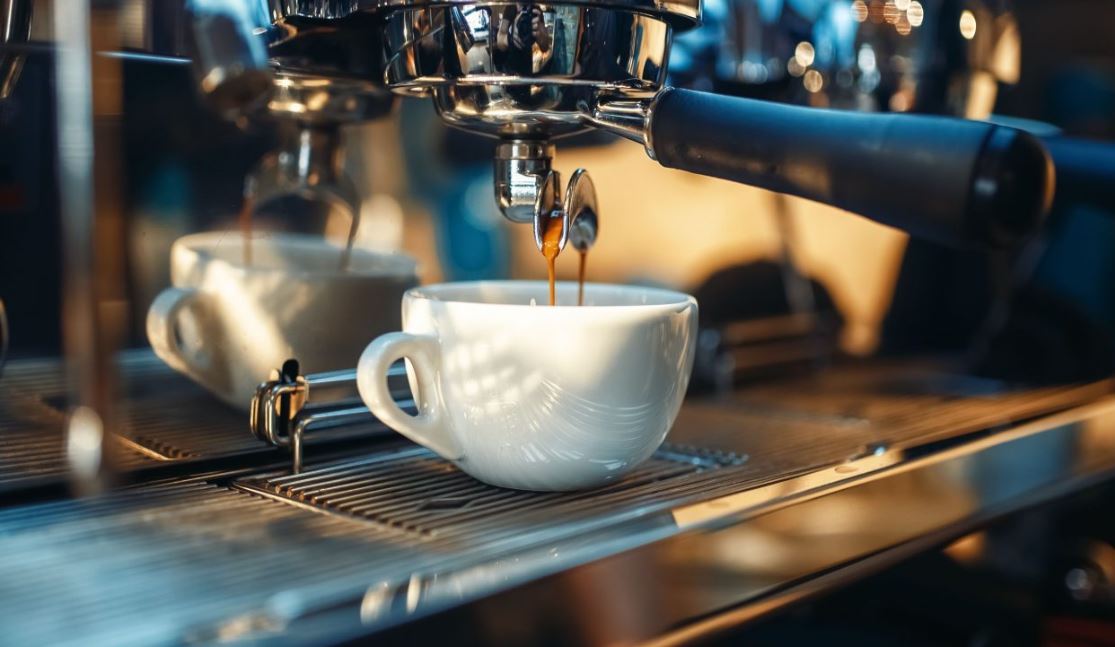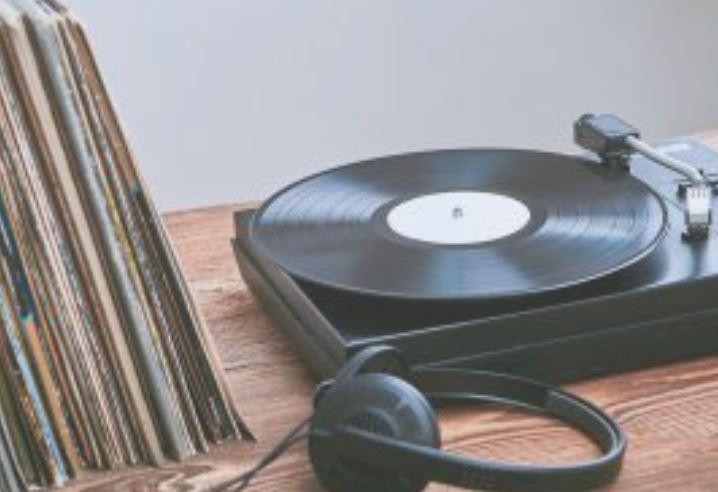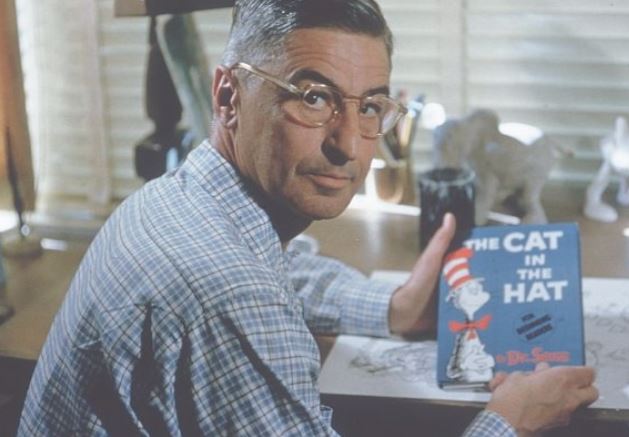Caffeine is a substance found in various kinds of foods and drinks. When taken, it is known to increase levels of activity and alertness. It is commonly incorporated in drinks such as soda, coffee, tea, and energy drinks. Now you may be wondering: just how much caffeine is there in drinks anyway?
The amount of caffeine in coffee actually depends on the kind of coffee, how it is prepared, and other factors. For example, cold brew coffee, made from soaking coffee beans in water, can have over 200 mg of caffeine per cup.
Brewed Coffee
Brewed coffee has some of the highest caffeine content of any kind of coffee. A single cup of brewed coffee can have around 100 mg of coffee per cup. Meanwhile, espresso cups can have even more caffeine in them, as much as 200 mg of coffee per cup.
Instant Coffee
Instant coffee mixes generally have less caffeine than brewed coffee. For example, a cup of instant coffee can have as little as 30 mg of caffeine or as much as 90 mg of it.
Frappuccino
Frappuccinos, as popularized by Starbucks, can either have a coffee base or a creme base. Most Frappuccinos that have a creme base, such as vanilla, or caramel flavors, do not have any caffeine in them. Some tea flavor of Frappuccinos, however, such as matcha does have some caffeine in them. Chocolate-flavored Frappuccinos may also have a small amount of caffeine, albeit not nearly as much as tea or coffee-based drinks. The caffeine content of coffee-based Frappuccinos depends on the size of the drink. For example, a medium-sized (grande) cup has around 100 mg of caffeine in it.
Decaf Coffee
Contrary to popular belief, decaffeinated coffee does still have some trace amounts of caffeine in it. For example, a cup of decaf coffee has around 10 mg or less of caffeine. This is still far less than most forms of coffee or even tea.
How Much Caffeine Does Tea Have?
Generally speaking, tea drinks have smaller amounts of caffeine compared to coffee drinks. This is even though tea leaves actually contain more caffeine than coffee beans. The smaller amounts of caffeine in tea drinks are a result of the preparation method. Tea drinks are generally boiled while coffee drinks are usually brewed.
Not all teas have caffeine. Tea drinks made from the tea plant (Camellia sinensis) have varying amount amounts of caffeine in them depending on how they are made. Teas made from other plants (such as ginger and chamomile) do not have caffeine.
Green Tea
A cup of green tea or matcha has around 40 to 70 mg of caffeine in it. This is still less than the typical cup of black tea.
Black Tea
Black tea drinks generally have more caffeine in them than green tea. A single cup of black tea can have as much as 100 mg of caffeine in it.
Iced Tea
Iced teas from Lipton and Nestea are usually made from a kind of black tea called orange pekoe. On average, a single cup of iced tea has around 47 mg of caffeine in it.
Milk Tea
The amount of caffeine in milk tea depends on the base used. Asian milk teas (also called bubble teas) are usually made from black teas. Depending on the size of the cup or container, a serving of bubble tea can have over 100 mg of caffeine in it.
How Much Caffeine Does Soda Have?
Sodas such as Coke and Pepsi tend to have less caffeine in them than coffee. They also have around the same amount of caffeine as tea.
A single 12 oz (0.35 l) can of Coke or Pepsi has around 34 mg of caffeine in it. Diet Coke (called Coke Light in some countries) has slightly more caffeine, with 46 mg per can. A single can of Dr. Pepper, on the other hand, has around 41 mg of caffeine in it.
Notably, Mountain Dew, a drink popular with gamers, has 55 mg of caffeine per can. Another cola popular among that demographic, Jolt Cola, has around 71 mg per serving.
The amount of caffeine in energy drinks depends on the brand and the serving amount. Cans of the most popular brands like Red Bull and Monster have between 110 to 120 mg of caffeine in them. Surprisingly, this is around the same amount of caffeine as an equivalent amount of coffee, although energy drinks compensate by having a lot more sugar. On the other hand, drinks such as 5-hour Energy compensate for their smaller serving sizes by containing much more caffeine. A single 2 oz (0.06 l) bottle of 5-hour Energy has over 200 calories.
How Much Caffeine Does Water Have?
Water usually does not have any caffeine in it. In fact, water does not have any calories in it at all! But there are caffeinated water drinks that can either have flavors or no flavors. According to Healthline, a serving can of one has anywhere from 34 to 125 mg of caffeine, depending on the size of the container.
How Much Caffeine Is Too Much?
Health experts suggest that adults should not intake more than 400 mg of caffeine per day, with lower limits being suggested for younger groups such as teenagers and children. High consumption of caffeine has been linked to various health issues such as breathing and health problems, insomnia, anxiety, and even problems with digestion. Caffeine can also be addictive, although not to the extent of drugs or alcohol.


